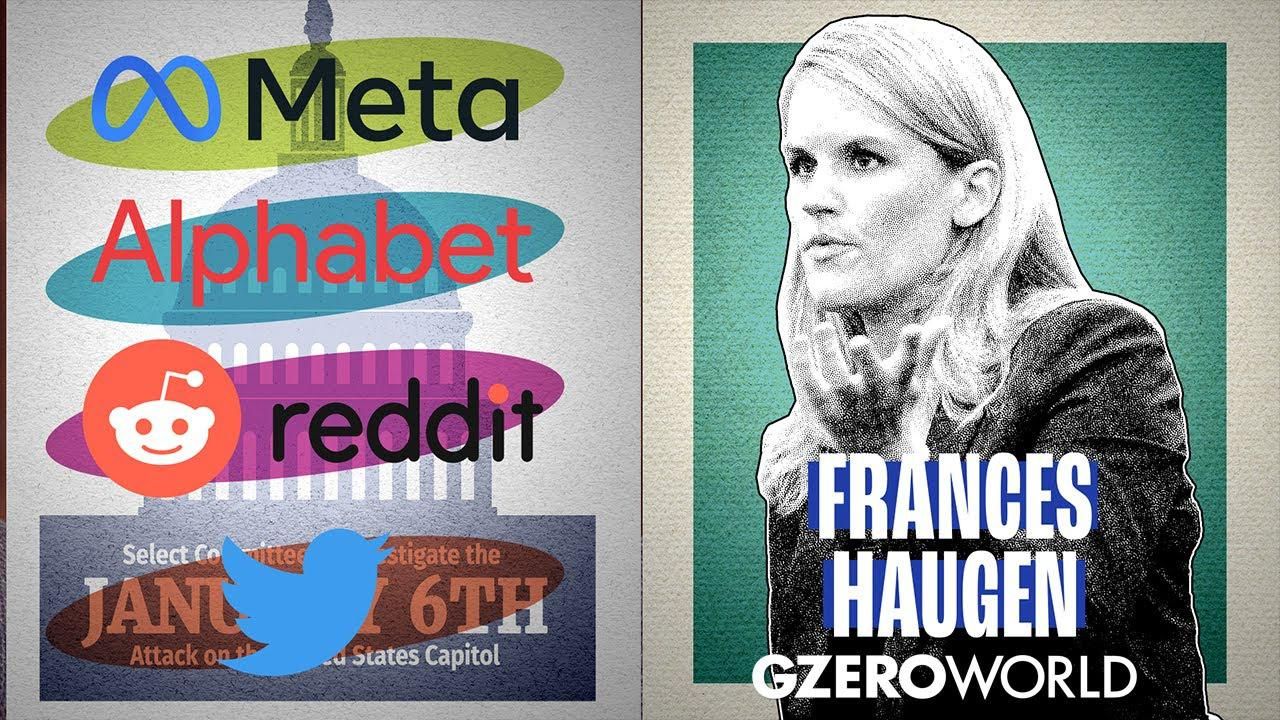GZERO World Clips
Whistleblowers & how to activate a new era of digital accountability

Whistleblowers & How to Activate A New Era of Digital Accountability | Full Interview | GZERO World

Frances Haugen famously blew the whistle against her then-employer, Facebook. She says we must recognize that the gap between fast-changing tech and slow-moving governments will continue to widen, and the best way to narrow it, is to encourage people to speak out against questionable practices. These whistleblowers need better laws to protect them, she tells Ian Bremmer in a GZERO World interview.
Despite all of this, Haugen still has hope that the corporate culture inside tech companies can change for the better. The role of social media companies in politics is still growing, and now the failures of social media companies can have life-or-death consequences.
Haugen suggests that governments need to rethink how they regulate social media companies, and hold them more accountable for the consequences of their actions.
The EU just approved the Digital Services Act, which for the first time will mandate social media companies be more transparent about what they do with personal data.
If if it works in Europe, the DSA could inspire similar laws in other parts of the world too. Haugen also discusses the preponderance of "bot" accounts on social media, and says companies often choose to ignore the large numbers of fake followers.
Chris, an Army veteran, started his Walmart journey over 25 years ago as an hourly associate. Today, he manages a Distribution Center and serves as a mentor, helping others navigate their own paths to success. At Walmart, associates have the opportunity to take advantage of the pathways, perks, and pay that come with the job — with or without a college degree. In fact, more than 75% of Walmart management started as hourly associates. Learn more about how over 130,000 associates were promoted into roles of greater responsibility and higher pay in FY25.
A ceasefire in Ukraine could be a strategic trap, leaving Kyiv vulnerable, former NATO ambassador Ivo Daalder warns on GZERO World.
In this Quick Take, Ian Bremmer warns that US military strikes on Iran are “looking increasingly imminent” as diplomacy appears to stall.